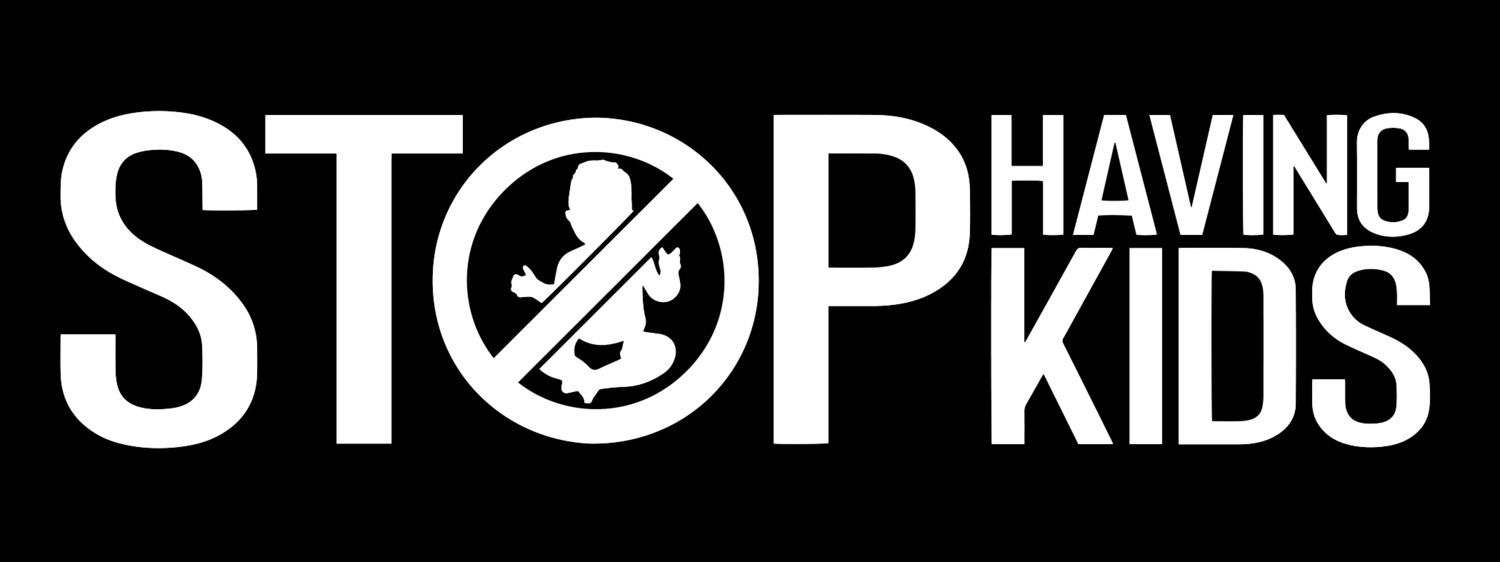Birth Defects
In the United States 1 in every 33 babies born has at least one birth defect. Birth defects are the leading cause of infant mortality. When not lethal, congenital disorders may produce short and/or long-term disabilities. These potentially lifelong and detrimental abnormalities can change the shape or function of various biological systems leading to the deterioration of one’s integral health, internally and externally.
Pregnant individuals are at greater risk of birthing a child with defects if before, or during pregnancy, they drink alcohol and/or smoke cigarettes, or are diabetic, obese, using certain medications, or are experiencing stressful life events. These risk factors associated with congenital disorders are applicable to a substantial proportion of the population. Furthermore, babies are routinely born with inherited diseases and disabilities from their parents, while many others are subjected to undue hardships by genetic mutations manifested at birth.
A considerable number of children are born into circumstances where living and working independently, much less experiencing fair treatment by others, is a privilege that is inaccessible. People living with birth defects in a largely ableist society are more susceptible to bullying, isolation, and discrimination. Babies born with congenital disorders may experience developmental, intellectual, and/or learning disabilities; problems with sight, hearing, and speech; and an abundance of other side effects that are dependent on the nature of the malady. They may require an appreciable amount of doctor visits, physical and/or behavioral therapy, counseling, special education, harmful medications, and surgeries. When we procreate, we are imposing risks with lifelong implications onto other people, without their consent, and with the potential to subject our children to lifelong adversities they had no part in creating themselves. We are gambling with the future of those who never agreed to participate in a game with such unfavorable odds.

